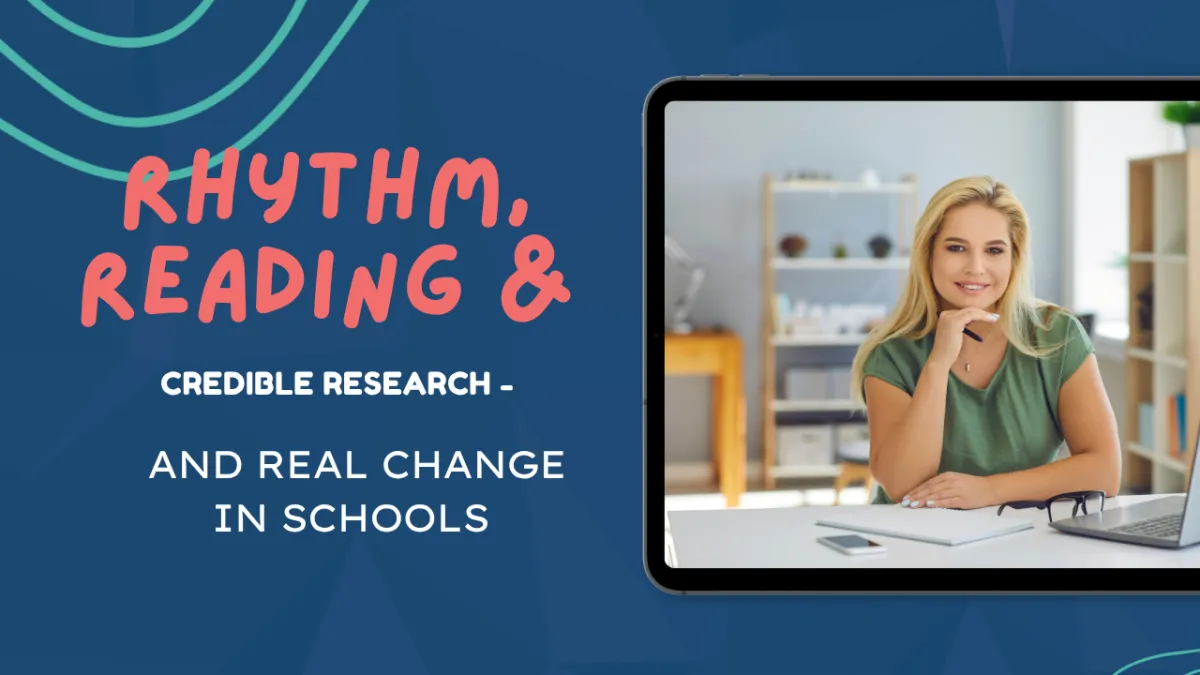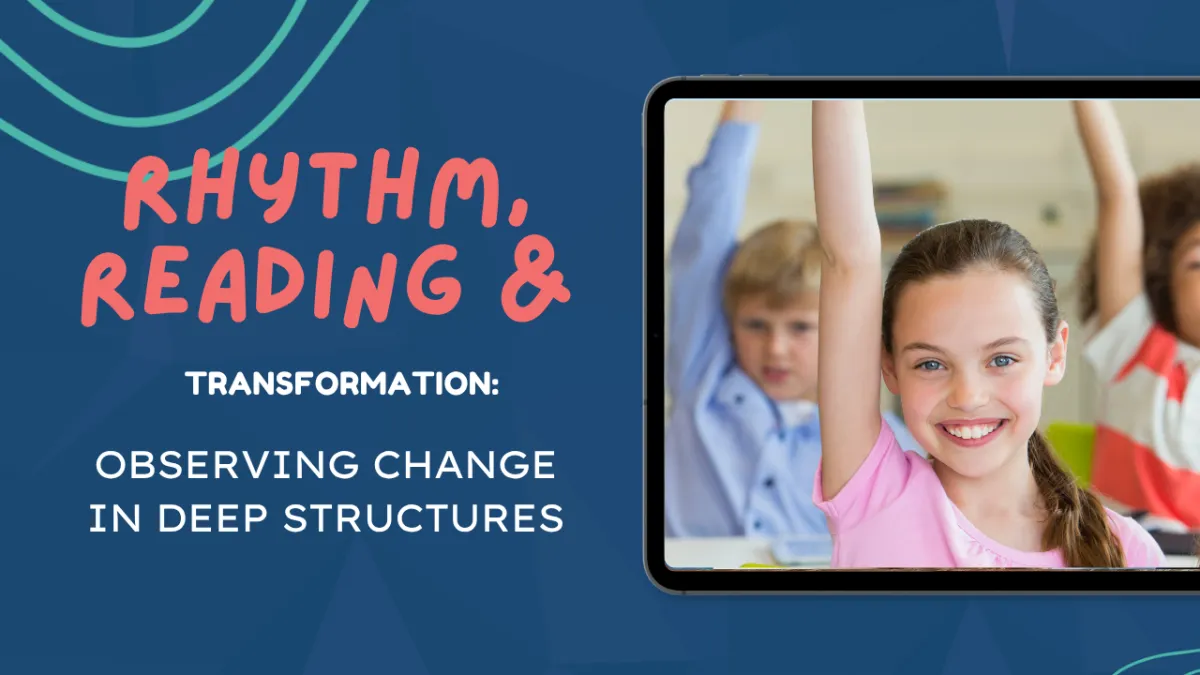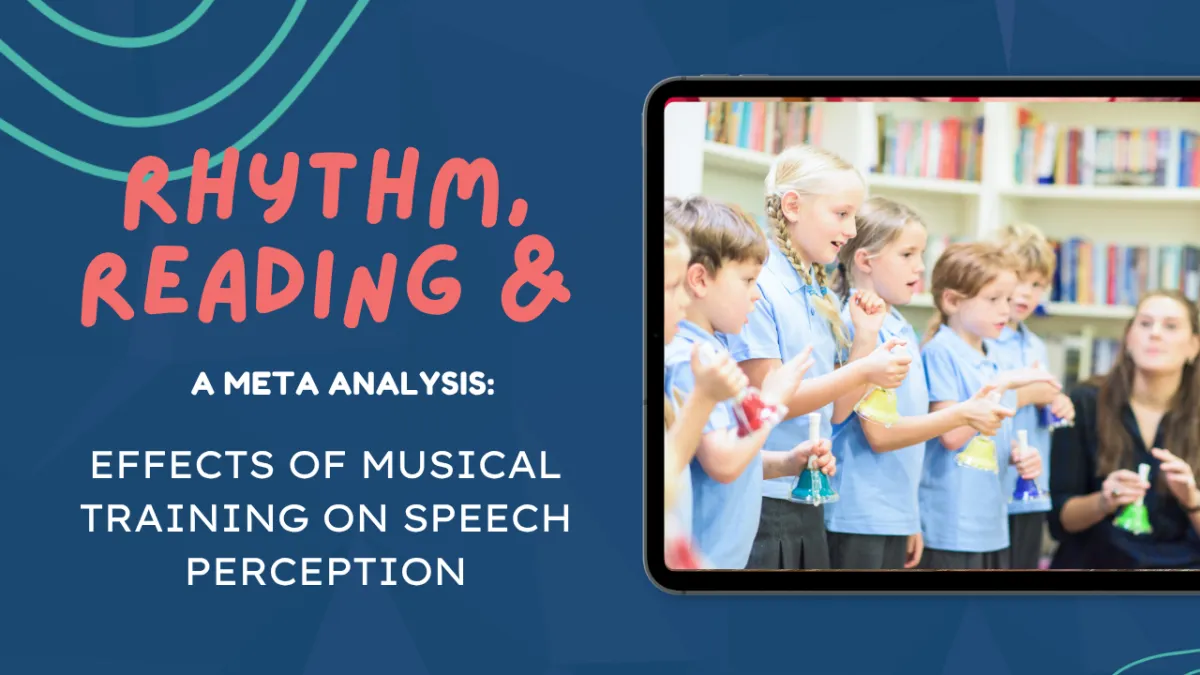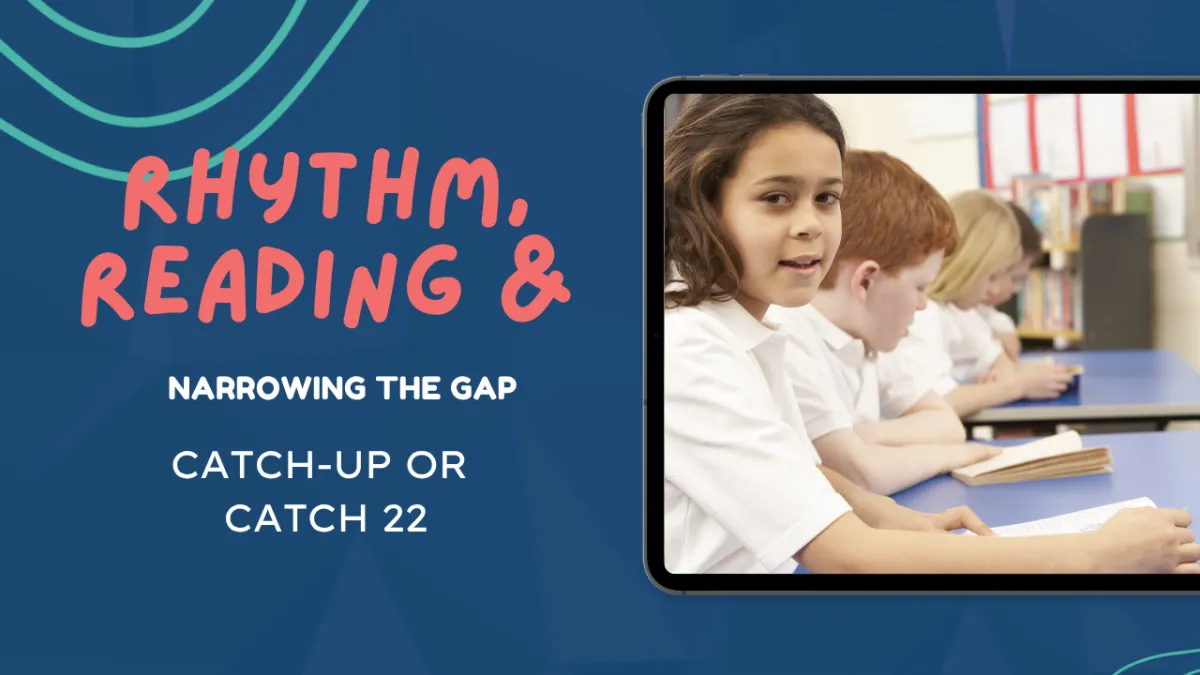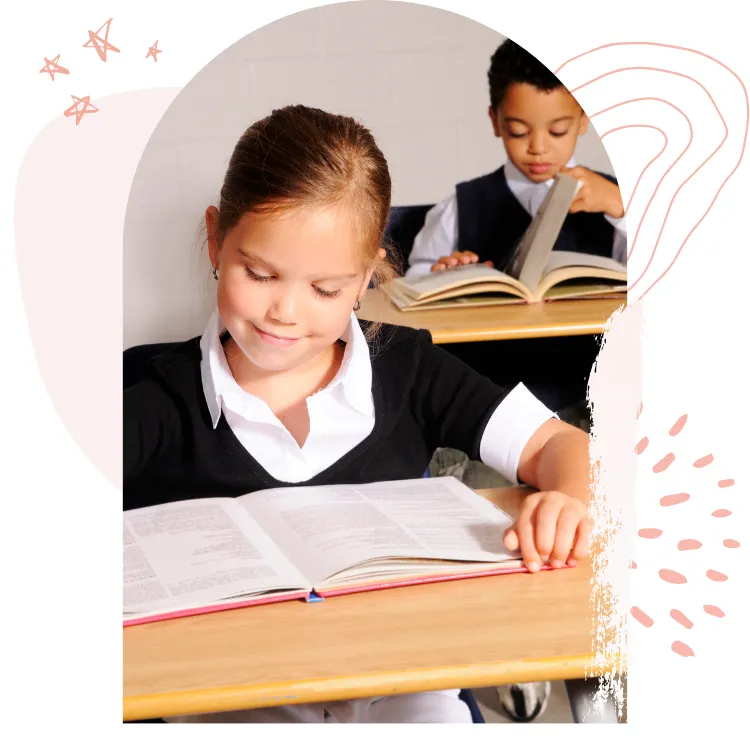'Credible research' and real change in schools
In this reflective post, Marion draws on her own journey from experienced teacher to researcher and unpacks what 'real research' in schools really means: evidence grounded in reality, triangulated, and strengthened through scrutiny.
